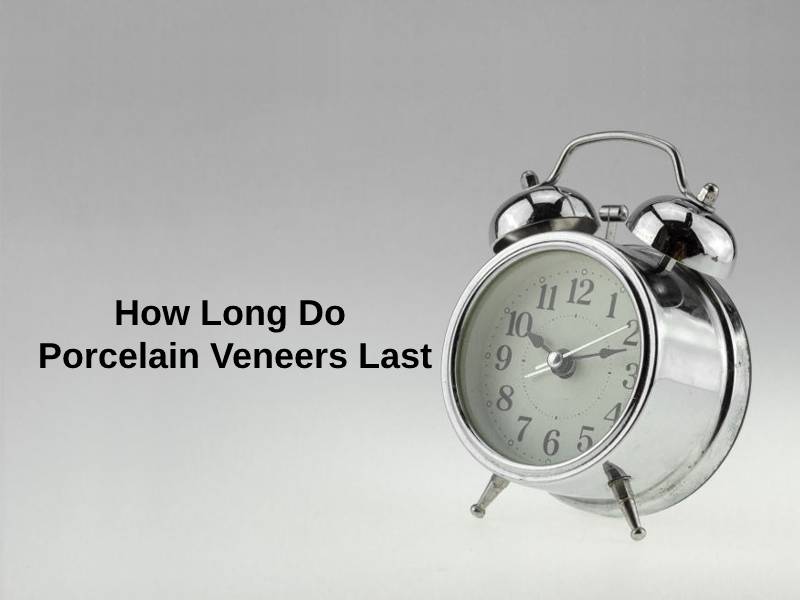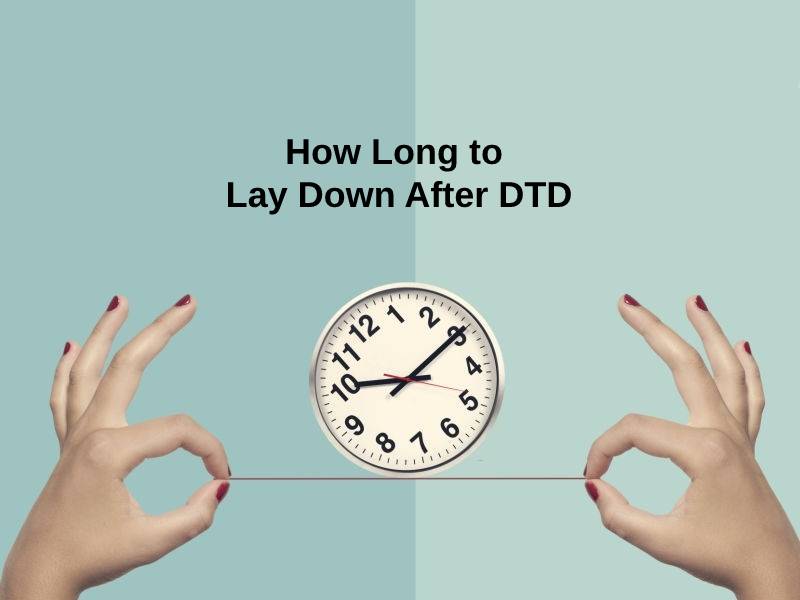Exact Answer: 5 – 7 Years
Dental veneers are a type of thin custom-made shells which are tooth-colored in nature. The purpose of such dental veneers is to enhance the appearance of one’s teeth by covering and hiding away the imperfection present in them. They are fitted to one’s front teeth and are regarded as one of the most popular cosmetic dentistry procedures.
Dental veneers are of two types composite and porcelain veneers. Composite veneers do not ruin one’s original teeth but instead enhance their natural beauty. They are very well fitted inside one’s mouth to correspond accurately to the original structure of the teeth and match them suitably.

How Long Do Composite Veneers Last?
| Types Of Dental Veneers | Duration |
| Composite Veneers | 5 to 7 years |
| Porcelain Veneers | 10 to 15 years |
Even though composite veneers are durable and last for a considerable amount of time, they do not last for an entire lifetime of a person. Composite veneers need to be replaced or might require a polish after 4 to 8 years of usage. Thus, one might need to get themselves a new set of composite veneers after about 5 to 7 years.
However, composite veneers available today are more long-lasting than they were past few decades. Due to technological advancement in dentistry and medical sciences in general, composite veneers have come a long way but they are certainly not as long-lasting as one’s original set of natural teeth that last for one’s entire life.
Composite veneers are without a doubt a good investment for those who are conscious about the appearance of their teeth and want to have a good smile. Many people find them worthy of the placement as well replacement cost of having getting composite veneers in their mouth.
It is pertinent to remember that the lifespan of composite veneers is shorter as compared to those of porcelain veneers. Composite veneers might last anywhere between 5 to 7 years, while porcelain veneers might last longer for about 10 to 15 years.
Why Do Composite Veneers Last This Long?
Mostly two types of veneers, porcelain, and composite are in use today. Composite veneers have become one of the most demanding dentistry treatments of recent times. It can substantially help one ameliorate the beauty of one’s teeth by making them look beautiful, white, and shining.
The composite material used in dental treatments is without a doubt a versatile material that is helping millions of people to enhance their smiles. However, as a downside, veneers made with composite are not permanent. They eventually need to be replaced after a few years of use.
Composite veneers are resin-based and require a highly skilled dentist for the successful completion of the procedure. The person getting composite veneers must bear in mind that even composite bonding is susceptible to chipping and staining and thus, would require a replacement every 5 to 7 years.
However, it should be remembered that different types of veneers have different longevity. Hence, asking and confirming with one’s dentist about how long a particular dental veneer might last is advisable.
Conclusion
Getting composite veneers is like signing up for a lifetime of dentistry. Composite veneers are undoubtedly durable but cannot be said long-lasting. Eventually, after a few years, they need to be replaced. The average lifespan of composite veneers ranges between 5 to 7 years.
However, it should be noted that one can prolong the longevity of one’s composite veneers by taking good care of them. Maintaining good oral hygiene is ultimately the key to keeping dental problems at bay. Brushing twice a day, consuming less sugary items, watching out for drinks like coffee and tea that can stain one’s teeth are some of the few things one needs to be careful about.
A person with composite veneers should lookout for chips or stains on their veneers as these are some of the common indicators for getting a replacement. As the application of veneers is a time-consuming as well as a costly affair, it is essential to take proper care of one’s teeth even after getting composite veneers fitted on one’s teeth.




















